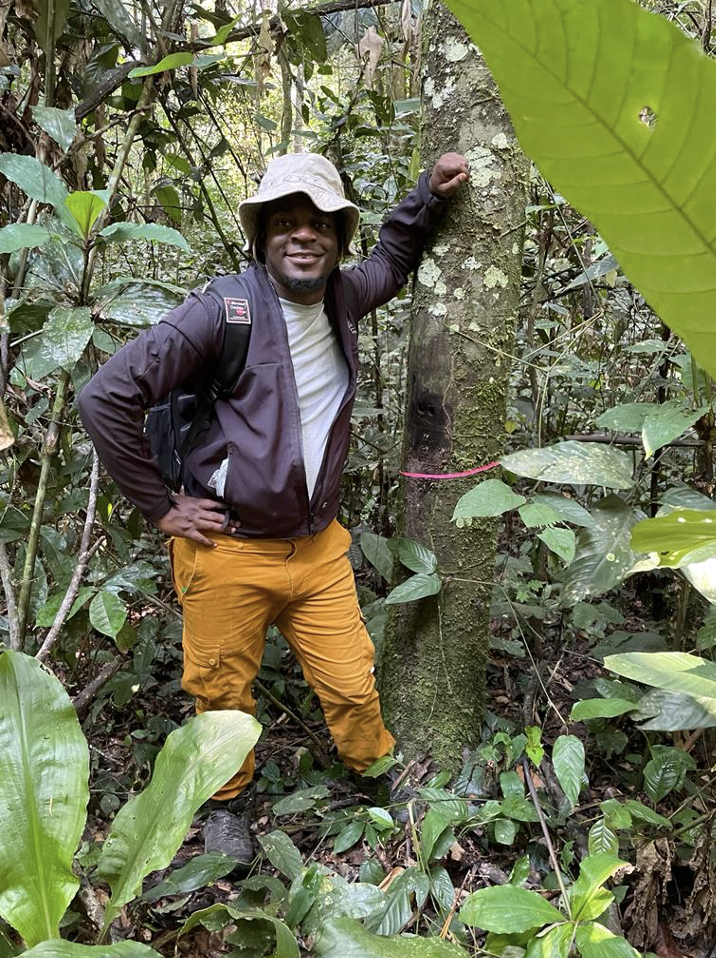An interdisciplinary ecosystem ecology and biogeochemist studying carbon and nitrogen dynamics in tropical forests of the Congo Basin, he is pursuing a Ph.D. at Columbia University in the US. He holds a Masters in Soil Biogeochemistry and Global Change and a Bachelor’s in Environmental Science and Technology.
To predict about future plant communities, their functional traits and composition, terrestrial ecosystem ecologists are challenged to connect simultaneous changes in multiple nutrients biogeochemical cycles with climatic changes in temperature and rainfall and land use change. Despite increased interest in global change research over the last few decades, the impacts of climate change particularly warming, elevated atmospheric CO2 and perturbations in nutrient availability on terrestrial carbon dynamics are still difficult to predict, which illustrate partly the complexity of the coupling between carbon and nutrient cycles, mainly nitrogen and phosphorus, elements known to limit primary production in most ecosystems. Nevertheless, these perturbations can be expected to lead to stoichiometric consequences across the food web. Stoichiometric flexibility determines how a biological system responds to environmental changes, from the basic functions to macro-scale processes because these functions are tied to the availability of resources in their environment. The lack of sufficient knowledge on stoichiometric topics in Congo Basin tropical forest motivate the simple question we will investigate using the INCyTE Observatory protocol using wood, foliage and soils samples from 12 dominating woody species of the forest; how has the forest responded to changing nutrient availability in terms of wood stoichiometric balance with flexibility?
